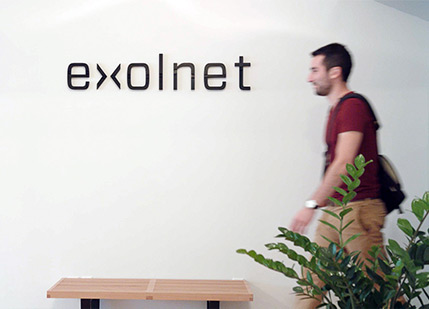How to Choose the Right Partner for Custom Software Development
With the rapid pace of technological advancement, selecting the right provider for your custom software development project is no small feat. This article offers practical advice to help guide you in choosing a competent team capable of addressing your unique needs.
1. Assess Your Needs
Before reaching out to potential providers, it is crucial to clearly define your needs. This step is vital to the success of your project. A thoughtful analysis will help you articulate your expectations accurately.
Key considerations include:
Define your project’s goals. Is your custom software designed to solve a specific problem or seize a new opportunity?
Identify which of your clients or users will interact with the software.
Outline the features you envision and the business processes the software will impact.
Consider any required integrations (such as APIs or other systems).
Gather all relevant documentation that could help your provider better understand your development project.
2. Connect With a Custom Software Development Provider
Once you’ve clearly defined your needs, it’s time to start reaching out to potential companies. Ask questions and engage in discussions before committing to one. Your goal is to find the partner that best aligns with your needs and inspires confidence.
Start by identifying around half a dozen potential providers. Look for recommendations online or via LinkedIn, and explore relevant events or conferences. Review their portfolios, customer testimonials, case studies, and projects they’ve completed.
With a solid understanding of each provider, you’ll be well-positioned to compare them effectively.

Key Topics to Discuss With a Potential Software Development Partner
Expertise
What types of projects has the company worked on? Can they showcase a recent project that highlights their capabilities?
Who is on the team? How many developers are involved, and what are their roles (backend, frontend, architecture)?
Is the team based locally? Do they understand the business realities of your region?
Who are their clients?
How long have they been developing custom software?
Company Culture
If you share values such as transparency, integrity, and respect, your collaboration is more likely to be smooth. Clear communication minimizes misunderstandings.
A stable team with low turnover often means better adherence to timelines and stronger project continuity.
Finally, in a field that evolves rapidly, how does the provider stay up to date? Are they on top of the latest development trends?
Development Methodologies and Quality Assurance
Project methodologies significantly impact the development of custom software. It is worth asking which methodologies they use, such as Agile, Scrum, or Waterfall, and why. Each approach has its strengths depending on your needs for flexibility, timelines, and project management.
Ask how they track progress and manage changes. For example, large projects may benefit from biweekly Scrum meetings to keep clients updated.
Do they set up a dedicated communication channel (like Slack or Microsoft Teams) for your project?
How do they ensure the final product meets quality standards? For complex projects, automated testing is essential.
You might ask:
“How do you ensure code quality and security?”
“What are your processes for testing and validation before delivery?”
Preferred Technologies
Discuss the technologies the provider prefers (both backend and frontend) and why they’ve chosen them. Is the technology popular in your region? Is there a readily available talent pool to support it?
Some technologies are open-source and free; others may require costly licenses. Knowing the exact stack used can help you anticipate costs and avoid surprises.
Post-Development Support
Support doesn’t end at launch. Be sure to ask if the provider offers post-launch services like maintenance, hosting, backups, and technical assistance.
Maintenance: How often are updates provided, and are they included in the service agreement?
Hosting and Backups: Where is the data hosted? Are backups performed regularly? Can they guarantee fast and reliable recovery in case of failure?
Technical Support: In the industry, support standards are often outlined in a Service Level Agreement (SLA), including response and resolution times. Does the provider offer guarantees for development defects?

3. Request a Proposal
After narrowing your list to your top three candidates, ask each for a detailed proposal. Keep in mind that preparing a proposal for custom software can take dozens of hours, and sometimes more than one hundred. Only request a proposal from companies you are seriously considering.
4. Evaluation
As with a job interview, do not hesitate to ask for references from past clients. These conversations can give you valuable insights into client satisfaction and service quality.
Make your decision based on objective criteria, not just cost. Choosing the cheapest option could cost you more in the long run if the quality is not there.
Conclusion
Custom software development is a significant investment, and choosing the right partner shouldn’t be left to chance. The steps outlined above are essential to helping you make the best decision for your organization.








